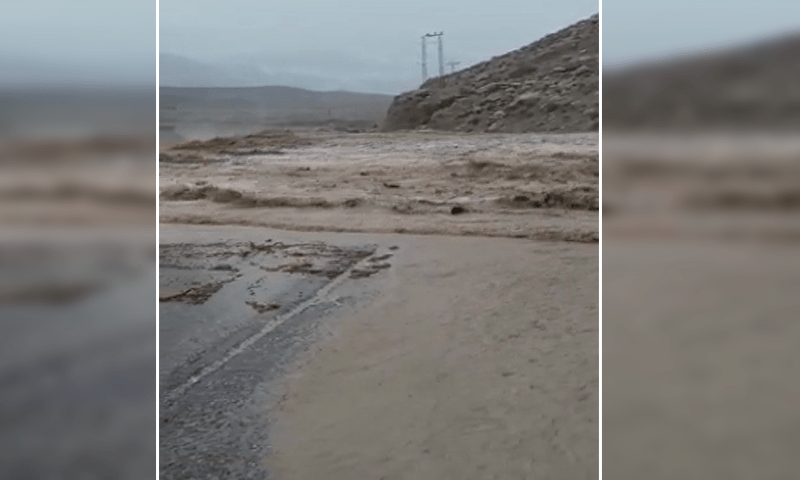WHY IS PAKISTAN🇵🇰 POOR?
WHY IS PAKISTAN🇵🇰 POOR?
Pakistan is among the poorest nations in the world. However, it is also oxymoronically rich in natural resources: “the country has the second largest salt mine in the world, fifth largest gold mine, seventh largest copper mine, fifth largest coal reserves, seventh largest wheat and rice production capacity…” and the list goes on. But does it really matter when almost 40 percent of the people live in extreme poverty? The
Human Development Index ranks Pakistan 147th out of 188 countries for 2016. According to several reports, there are a number of reasons why Pakistan is poor, even though it is rich in resources and has the potential to grow. Why is Pakistan poor? Discussed below are the three leading reasons.
Why is Pakistan Poor?
Corruption and Elitism in the Government
First is the fundamental flaw in Pakistan’s political system. Politics in Pakistan have always been dominated by the elites. These elites comprise politicians, generals and bureaucrats (the ruling oligarchy). Many politicians come from large land-owning families or very rich industrial backgrounds. They share key common interests and together look after each other, neglecting common people’s interests.
This scenario has become cyclical because most people vote according to what these elites deem convenient. This type of political culture may be changing with education and emerging democratic norms in the recent past, but it has affected the country for a long time.
The elites in Pakistan are also involved in corruption. The current Prime Minister stepped down in July 2017. He did so because the Supreme Court ordered his removal on accusations of corruption. Additionally, Transparency International ranks Pakistan as one of the worst countries for corruption.
Why is Pakistan poor? Corruption prevents any real change from occurring.
Lack of Democratic Ideals
Second is the absence of real democracy. Democracy remains an illusion for many due to “the lack of proper, meaningful and non-discriminatory representation for all regions in decision-making.” The absence of democracy and lack of political development in Pakistan are a consequence of direct and indirect military rule.
The military has dominated politics from the early years of the country’s independence because it was the most powerful and organized institution. Coupled with that, the military presented itself as Pakistan’s protector against India, which is considered an existential threat to Pakistan’s survival. One analyst writes, “It is little wonder, then, that Pakistan became a national security state during its early years, subordinating economic and democratic development to military improvement and tilting the balance of power away from civilian rule.”
Why is Pakistan poor? A lack of democracy in the nation prevents citizen-oriented development.
Both Religious and Secular Conflict
Furthermore, empowering Islam over secular ideals in a country which is much more diverse culturally by the military establishment, has not only created a fictitious national unity but stunted even further, the democratic and economic development.
The use of religious proxies against Bengalis dates back to 1971, then in Afghanistan against the Soviets during the 1980s. Additionally, their alleged involvement in Afghanistan for countering India in the past two decades, have brought home only conflict and violence.
In Pakistan’s context, violent conflicts and pervasive poverty are very much interlinked. Unfortunately, extreme poverty motivates the country’s disaffected youth to join forces with terrorist organizations which desire to establish the Sharia rule in Pakistan.
Why is Pakistan poor? Religious and secular violence plague the nation.
Education Crisis
The desperate education crisis is another answer. As of 2015, Pakistan spends only 2.6 percent of total GDP on education, which is the lowest in South Asia. In 1997, it was 3 percent, the highest in the country’s history. As a consequence of this low expenditure overall, more than half of the country’s population is uneducated. And hundreds of thousands of poor children are out of school.
In contrast, the country spends the largest part of its national expenditures on defense. A May 2017 report shows that “Pakistan’s defense expenditure in the next financial year (2017-18) will be around 7 percent higher than it was in the outgoing year to Rs920.2 billion (USD$8.65 billion).” It was Rs841 billion (USD$7.9 billion) for the year 2016-2017.
Why is Pakistan poor? The nation invests more in present conflicts than development towards a better future.
However, there is pleasant news. Poverty in Pakistan has fallen from 54 percent to 39 percent in the past decade—a 15 percent drop. The deaths from terrorist incidents have also declined recently. Today, 47 percent of Pakistani households own a washing machine; in 1991, only 13 percent owned one. Nonetheless, there is more work to be done to improve the lives of people in the context of global development.
– Aslam Kakar


Comments
Post a Comment